
Last week brought a selloff in markets. Some assets reached the most crucial support levels and are likely to reverse in a short term. Be ahead of trends and make the most out of this week!

Don’t waste your time – keep track of how NFP affects the US dollar!
Data Collection Notice
We maintain a record of your data to run this website. By clicking the button, you agree to our Privacy Policy.

Beginner Forex Book
Your ultimate guide through the world of trading.
Check Your Inbox!
In our email, you will find the Forex 101 book. Just tap the button to get it!
Risk warning: ᏟᖴᎠs are complex instruments and come with a high risk of losing money rapidly due to leverage.
68.53% of retail investor accounts lose money when trading ᏟᖴᎠs with this provider.
You should consider whether you understand how ᏟᖴᎠs work and whether you can afford to take the high risk of losing your money.
In-depth technical & fundamental analysis for currencies & commodities
Information is not investment advice

Last week brought a selloff in markets. Some assets reached the most crucial support levels and are likely to reverse in a short term. Be ahead of trends and make the most out of this week!
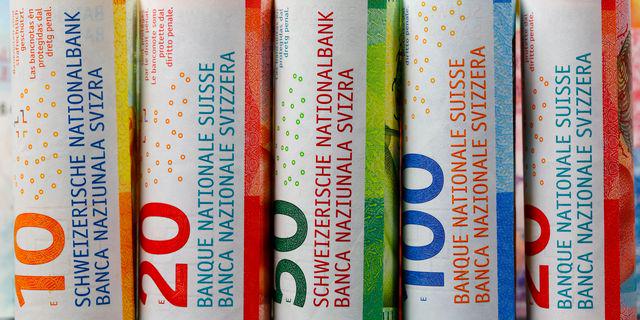
Historically, the stability of the franc is caused by the solid Swiss economy and a highly developed banking system…

A four-day lockdown turned out to be two months of complete isolation. Factories are frozen, supply chains are under heavy pressure, and the future is gloomy. Find out how to trade in times of crisis in this article!

It was an intense week across all the markets! We saw decent movements of major pairs, gas, stock indices, and oil prices. What should we trade this week? Time to check!
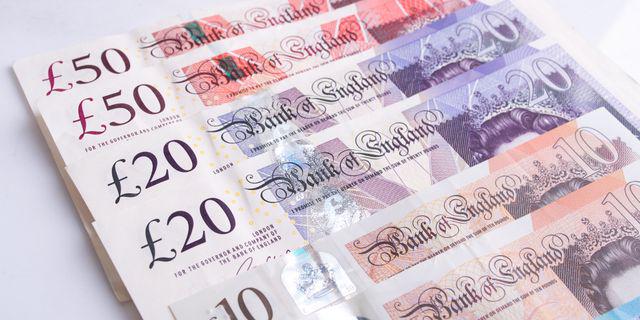
Economists say that the Bank of England won’t raise interest rates after May as the UK economy looks set to contract in the second quarter…
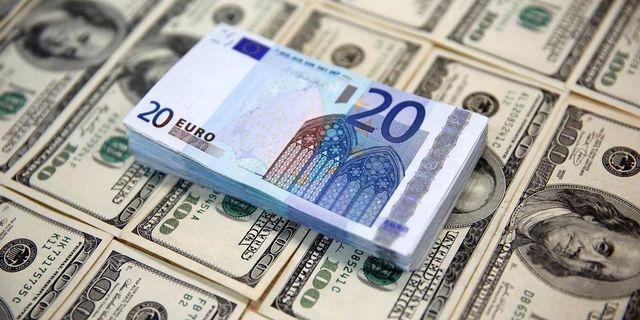
Dovish ECB and hawkish Fed paint a bearish outlook for the EUR/USD. Is declining to 1.0770 the next stop?

The move by the US and its Western allies to freeze most of Russia's foreign exchange reserves has raised fears that the US dollar is being used as a weapon. That could wreck the greenback's dominance.

Last week, EURUSD broke below a significant support level, the gas price retested its October high, and the oil prices managed to correct lower on the bearish signs of more oil supplies coming into the market.
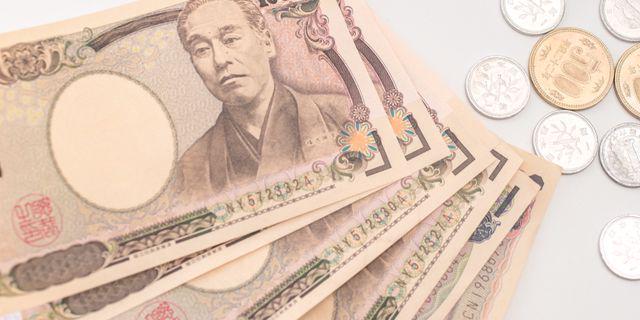
What happened? Historically investors treated the Japanese Yen as a safe haven in times of world crisis…

On March 16 the Federal Reserve hosted the press conference where it announced several disappointing facts for the US economy.
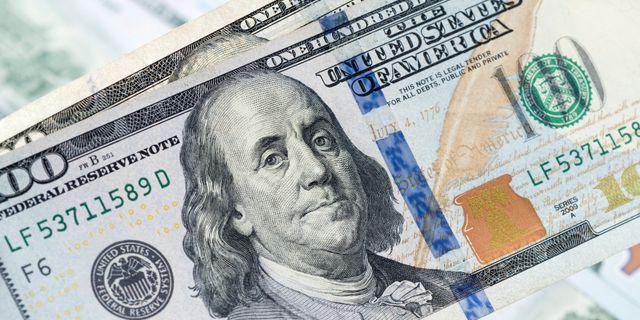
The Federal Reserve is expected to raise the interest rate by 25 basis points during the upcoming meeting on Wednesday, at 20:00 GMT+2. As inflation keeps surging, this will be the first small attempt to curb it. What does it mean for the US dollar?

What happened? The US inflation keeps its momentum and rises to 7…
Your request is accepted.
We will call you at the time interval that you chose
Next callback request for this phone number will be available in 00:30:00
If you have an urgent issue please contact us via
Live chat
Internal error. Please try again later